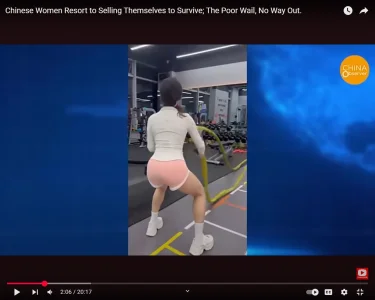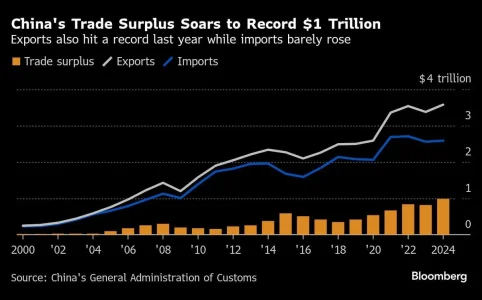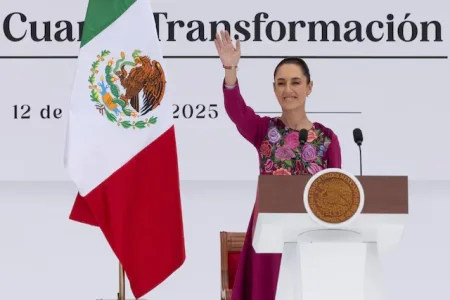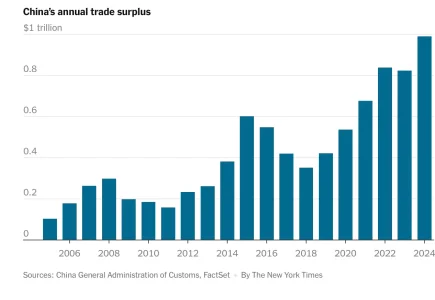China achieves breakthrough in BCI clinical trials, enabling patient to convert thoughts into text for communication
(
Global Times) 09:35, January 06, 2025
This BCI technology breakthrough enables the patient to convert their thoughts into Chinese texts on a computer for communication. (Photo/Science and Technology Daily)
A Chinese research team made a breakthrough in brain-computer interface (BCI) development using domestically developed, invasive flexible BCI systems, which demonstrated high-precision, real-time movement intention, and language decoding in clinical trials. This achievement enabled patients to control smart devices with their brains, converting their thoughts into Chinese texts on computers for communication.
A brain injury patient at Huashan Hospital affiliated with Fudan University conceived the phrase "2025 Happy New Year" in their mind, and it was decoded by a computer. The system then sent commands to a robotic arm, which made a heart-shaped gesture, marking the world's first-ever New Year's greeting conveyed via thought, according to the Science and Technology Daily on Sunday.
This marks a major advancement in a collaborative project between NeuroXess, Huashan Hospital, and the Tianqiao and Chrissy Chen Institute, signaling that China reached world-class standards in the field of BCI.
In December 2024, NeuroXess, in collaboration with Huashan Hospital, initiated the country's first clinical trial involving high-throughput implantable flexible BCI systems for real-time synthesis of the Chinese language.
The patient, a 43-year-old with a language-related brain tumor and epilepsy, underwent surgery in which a domestically designed electronic film was implanted for tumor localization and to protect crucial areas of the brain related to language.
Just two days after the surgery, the patient began training and, within seven days, attained a 71 percent accuracy in decoding 142 commonly used Chinese syllables, and demonstrated a delay of under 100 milliseconds for single-character decoding.
"With the invasive BCI technology of Neuralink as a representative, decoding movement intention has seen remarkable advancements in the US, Europe, and Asia, such as enabling paralyzed patients to use robotic arms with their thoughts for drinking water, operate a mouse to play video games, or control exoskeletons to walk. The next anticipated breakthrough is 'language decoding'," said several international scientists at the BCI Society &Chen Institute Joint BCI Meeting held in Shanghai in December 2024, reported the Science and Technology Daily.
Earlier, the team made significant progress in movement intention decoding as well. In August 2024, NeuroXess and Huashan Hospital completed a clinical trial assisting patients with motor disabilities in regaining motor function through brain-controlled smart devices.
NeuroXess told the Science and Technology Daily that this language decoding clinical trial represented a one-month short-term in vivo experiment. The team plans to gradually initiate long-term in vivo clinical trials, with the goal of achieving multi-center registration for three categories of medical devices.
China's partially invasive BCI technology is also developing. In December 2024, Hong Bo, a professor from the School of Medicine with Tsinghua University, told the Global Times thattheir partially invasive BCI device, NEO, would begin large-scale clinical trials in 2025, with intends to recruit 30-50 spinal injury patients for implantation. After completing these surgeries, the team plans to seek regulatory approval for market launch.





